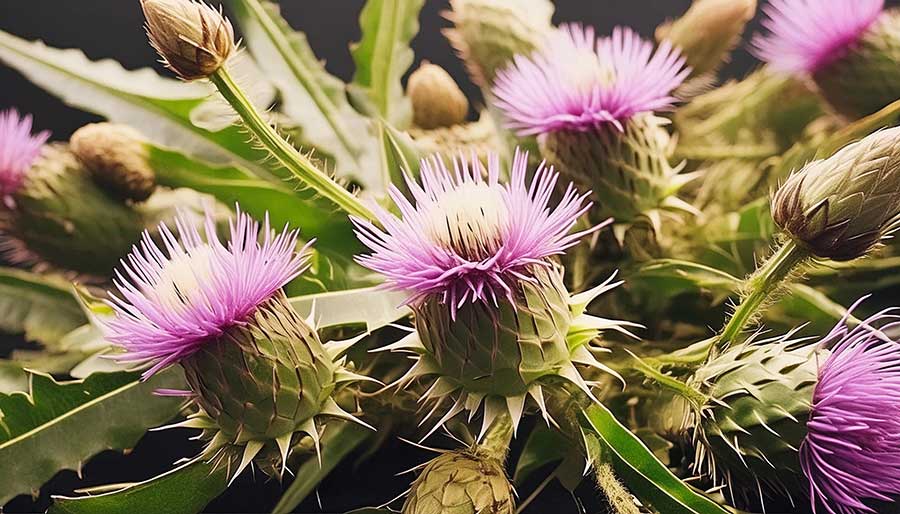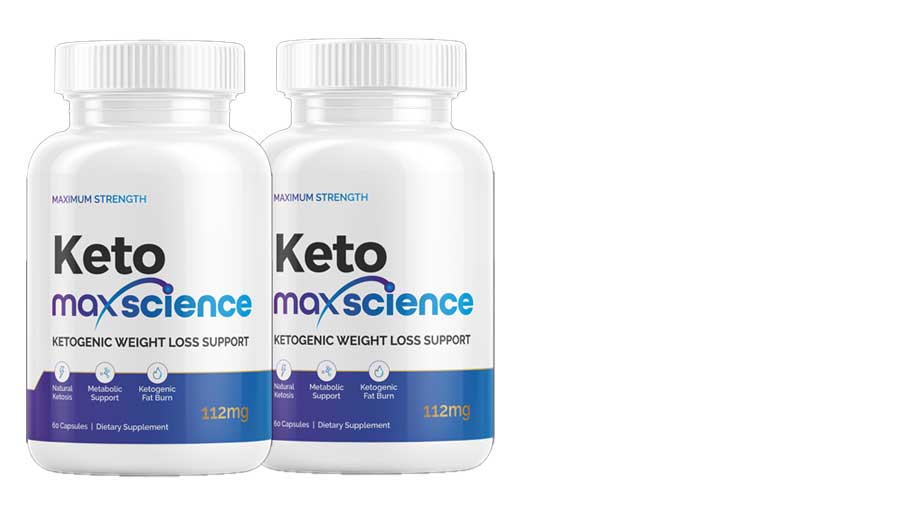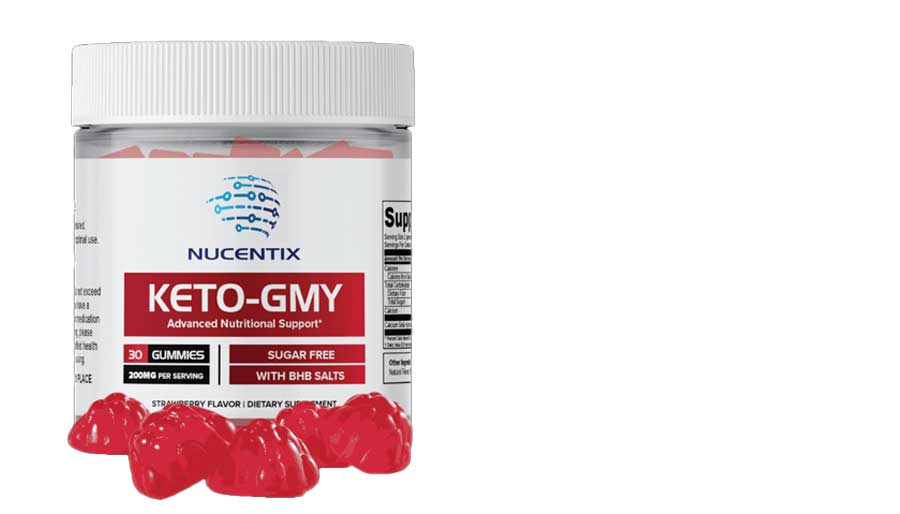
MILK THISTLE / Silybum marianum
What is it?
> Scientific/Other Names: Silybum marianum. (Although the terms milk thistle and silymarin are often used interchangeably, silymarin is a complex extracted from the seed and fruit of the milk thistle)
> Supplement Type: Herbal
> Taken as: Capsule, tablet, extract, tea
Milk thistle is a flowering herb related to the daisy and ragweed family. It is native to Mediterranean countries and has been used for centuries as a natural remedy for liver and gallbladder disorders. The active ingredient in milk thistle is a group of compounds called silymarin, which is thought to have antioxidant, antiviral, and anti-inflammatory properties.
What are the benefits of taking Milk Thistle?
Milk Thistle is thought to:
- Support liver health
- Protect against liver damage
- Aid in detoxification
- Improve symptoms of liver conditions such as cirrhosis, jaundice, and hepatitis
- Provide antioxidant protection
How does it work?
The primary active component of milk thistle is silymarin, which is believed to work by acting as an antioxidant -scavenging free radicals and protecting liver cells from damage. Silymarin may also stimulate the regeneration of liver cells and inhibit inflammation. Additionally, it is thought to modulate the immune response and inhibit the binding of toxins to liver cells, thereby protecting against liver damage.
> See our guide on Supplement Mechanisms
Is there evidence that it helps with weight loss?
> Clinical Trials: Numerous studies, including human trials
> Test Size: Medium (50-250 participants)
> Results: Research suggests that milk thistle may have a protective effect on the liver. Some tests showed improved liver function tests in participants with liver disease. Other studies also indicate benefits for conditions such as cirrhosis, hepatitis, and non-alcoholic fatty liver disease.
However, evidence is mixed, and more high-quality, large-scale studies are needed to confirm these effects.
See our guide on trial sizes.
What is the effective dose of Milk Thistle?
Commonly recommended dose is 200-400 mg of silymarin per day, typically divided into two or three doses.

So, does it work?
OK, but is it safe?
- Generally considered safe at recommended doses
- Possible side effects: mild gastrointestinal issues such as diarrhea, nausea, and bloating
- Rare allergic reactions may occur, particularly in individuals allergic to plants in the same family (e.g., ragweed, daisies)
- Should be used with caution in individuals with hormone-sensitive conditions, as milk thistle may have estrogenic effects
References
1. Impact of Silymarin in individuals with nonalcoholic fatty liver disease: A systematic review and meta-analysis
2. An updated systematic review with meta-analysis for the clinical evidence of silymarin
3. Modulatory effects of silibinin in various cell signaling pathways against liver disorders and cancer – A comprehensive review
4. Silymarin/Silybin and Chronic Liver Disease: A Marriage of Many Years


